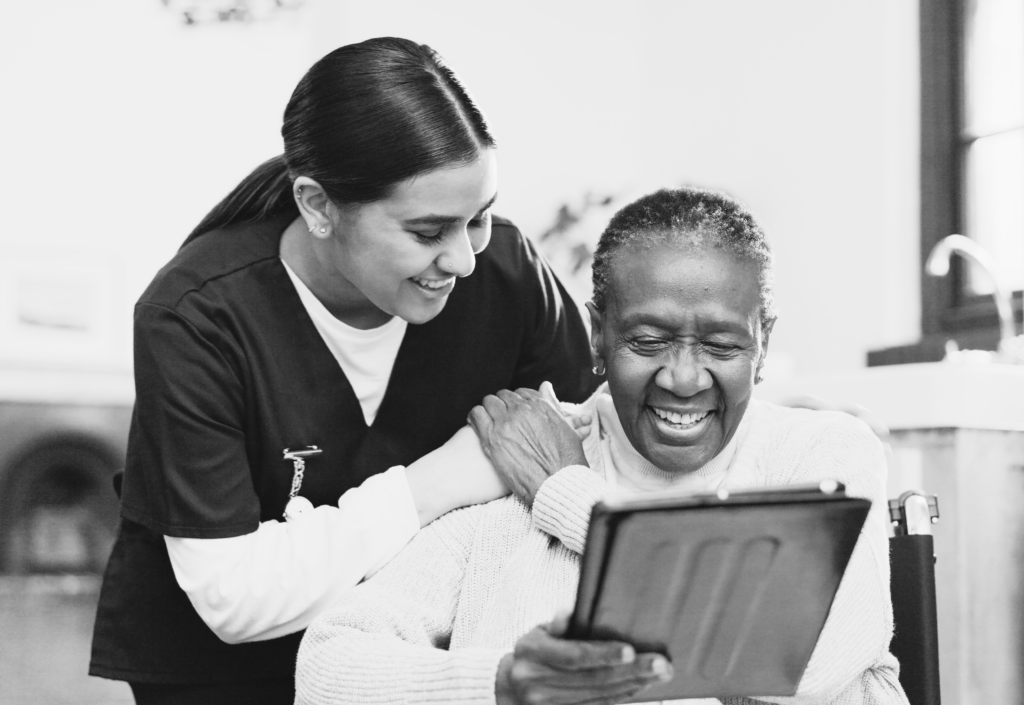In the high-stakes world of clinical trials, where the success of new treatments and therapies hangs in the balance, collecting accurate and reliable data is paramount. Electronic clinical outcome assessments (eCOA) have revolutionized data collection by providing a standardized and efficient way to capture patient-reported information. But with a multitude of eCOA vendors on the market, choosing the right partner is critical. The capabilities and expertise of your chosen vendor can directly impact the quality of your data and, ultimately, the fate of your trial.
eCOA Vendor Services to Evaluate
From accurate translations to reliable device deployment, the below questions can help gauge the efficiency and expertise of eCOA vendors.
- How do you handle translations?
For global trials, translation services are critical. Look for an eCOA vendor with an experienced localization team who fosters strong partnerships with qualified language service providers (LSPs) to ensure high-quality translations specific to your target languages and cultural nuances. During the vendor selection process, inquire about their typical translation timelines. Also, consider the vendor’s experience in handling translations for assessments and ensuring linguistic validation.  Can you guarantee the devices are ready to go when the first patient shows up?
Can you guarantee the devices are ready to go when the first patient shows up?
Technical glitches can significantly disrupt your trial. To minimize this risk, inquire about the eCOA vendor’s quality control procedures and device deployment strategy. Ideally, they should have a proven track record of delivering fully functional devices well before the first patient visit. This might involve a partnership or in-house device shipping program to ensure on-time arrival and minimize logistical delays. A robust quality control process also guarantees each device is pre-configured and ready for use by patients. Ask about their device provisioning process, including how they handle device setup, testing, and troubleshooting.- What training services do you offer?
A smooth user experience must be a priority. eCOA users need to feel comfortable using the platform from day one. The vendor must understand the patient’s experience well enough to train them. Training should cover all study roles, from investigators and coordinators to patients and caregivers. Resources must be provided to train patients on the app to maximize data quality and user engagement. For studies with raters, dedicated training programs are needed to ensure consistent and reliable data capture, according to protocol requirements. Evaluate the vendor’s ability to provide role-specific training materials, such as user manuals, quick reference guides, and video tutorials, to support ongoing learning and reinforcement. - Can you tell us about your help desk? Are your support services 24/7?
A reliable and responsive help desk is essential to ensure smooth study operations and a positive user experience. Round-the-clock support services must address issues or questions that arise from sites or patients in real time, minimizing disruptions to data collection. A well-structured help desk must be equipped with knowledgeable staff, efficient ticketing systems, and robust communication channels to deliver fast and effective assistance when needed. Ask about help desk availability, including hours of operation, languages supported, and channels of communication (e.g., phone, email). Assess average response and resolution times and escalation processes for complex issues. Look for vendors with a global presence and the ability to provide local language support in your target regions.
Choosing an eCOA provider involves more than evaluating their platform—it requires a thorough assessment of their services to ensure seamless trial execution. By asking the right questions about translations, device readiness, training services, and help desk support, you can gauge the efficiency and expertise of potential vendors. This diligence helps safeguard the integrity of your trials and enhances overall operational efficiency.
Interested in learning more? Our full eCOA checklist explores the key questions to ask potential eCOA providers about their technology, experience, and ancillary services. Download it here.
Check out our other eCOA resources
about trial design, data capture, operational efficiencies, and, ultimately, solving for certainty in clinical research.


